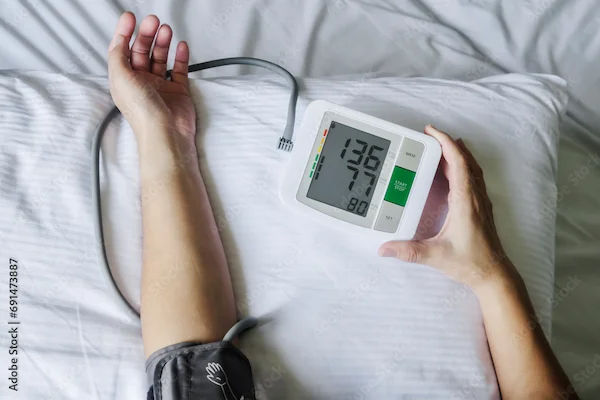- Female
- 59 Years
- 07/02/2025
I'm a 59-year-old female and recently experienced some pain in my left hand. I went to see the doctor, and he took an EKG. He then recommended an angiogram. Could you explain what an angiogram is and why it might be necessary for me? Should I be worried about this procedure?
Answered by 1 Apollo Doctors
The symptoms you are experiencing, along with the recommendation for an angiogram, suggest that your doctor may suspect a heart-related issue. The EKG and angiogram are common tests used to diagnose heart problems. It is important to follow your doctor's advice for further evaluation and treatment. For the left hand pain, you can take over-the-counter pain relievers like acetaminophen (Tylenol) or ibuprofen (Advil) to help manage the discomfort. Make sure to follow the recommended dosage on the packaging. If you experience any worsening of symptoms or new symptoms, such as chest pain, shortness of breath, or dizziness, seek medical attention immediately.
Dr. Dhankecha Suggests...
Consult a Cardiologist
Answered 04/07/2025
0
0

More Cardiology Health Queries
View allI'm thinking about stopping my hypertension medication because I've managed to control it myself. But I'm worried about any possible side effects from discontinuing the meds on my own. What should I consider before making this decision?
Visit your Physician for evaluation and appropriate management
Answered by 1 Apollo Doctors
I've been struggling with this issue for about two years now, and I'm really hoping for some insight. I'm a 27-year-old I.T. professional and this all started with sudden bouts of dizziness and sweating. I've gone through all the usual tests, like MRI and blood work, and the only thing that came up was a low B12 level at 83. Over time, I've begun feeling detached, and my doctor mentioned it might be anxiety. The problem hasnt gone away though, and now I sometimes experience fluttering, dizziness, and vomiting. It feels like I might faint, but I never actually do. I've had TMT and ECG tests twice, and both were normal. I worry it could be some kind of arrhythmia, but during these episodes, my heart rate seems stable with no major changes. It's confusing because these episodes don't seem linked to stress and only last a few seconds. I'm really anxious about this and just looking for a professional perspective on what's happening.
It sounds like you are experiencing symptoms of panic attacks, which can be very distressing. The dizziness, sweating, fluttering sensation, vomiting, and feeling like you might pass out are all common symptoms of panic attacks. Since your heart rate remains normal during these episodes and your cardiac tests (TMT, ECG) have come back normal, it is less likely to be related to arrhythmia. One possible treatment option for your symptoms could be to take an anti-anxiety medication such as **Xanax (Alprazolam)**. The usual starting dose for adults is 0.25 mg to 0.5 mg taken three times a day. However, it is important to consult with a doctor before starting any medication. In addition to medication, therapy such as cognitive-behavioral therapy (CBT) can also be very effective in managing panic attacks. It can help you understand and cope with the triggers of your anxiety. It is important to follow up with your doctor regularly to monitor your symptoms and response to treatment. If you continue to experience these episodes despite treatment, further evaluation may be needed.
Answered by 1 Apollo Doctors
Is Sleeping on left side bad for heart?
No. Sleeping on your left side is thought to have the most benefits to your overall health
Answered by 1 Apollo Doctors
Disclaimer: Answers on Apollo 247 are not intended to replace your doctor advice. Always seek help of a professional doctor in case of an medical emergency or ailment.




